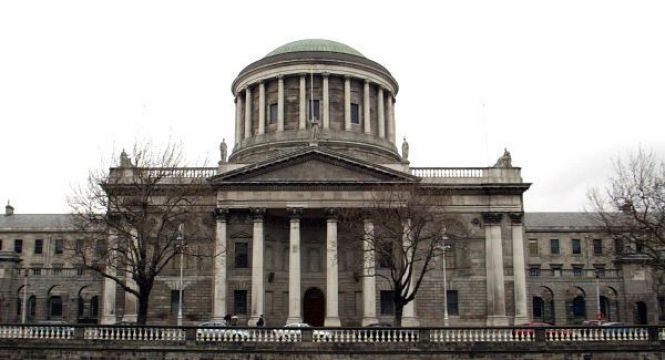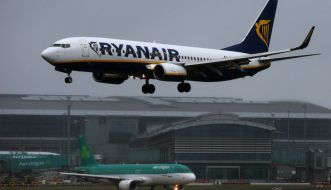The Court of Appeal has upheld a finding that the State is not entitled to an indemnity and contribution from a telecommunications company for any loss that might result from an action over the awarding of the country's second mobile phone licence in 1996.
In 2018 Ms Justice Carmel Stewart granted BT Communications Ireland, formerly Esat Telecommunications, an order striking out notices for such indemnity and contribution made by the Minister for Public Enterprise and the State.
It would arise if businessman Declan Ganley, Comcast International Holdings Inc, Ganley International Ltd and GCI Ltd win an action they have taken over the awarding of the second mobile phone licence, a competition in which their Cellstar consortium was an unsuccessful bidder.
The case was originally against the Minister, the State, BT, businessman Denis O'Brien, and former minister Michael Lowry TD.
In 2013, the Ganley/Comcast group sought to amend their statement of claim, but BT refused to consent to this.
BT then sought to have the Ganley/Comcast claim struck out for failure to disclose a reasonable cause of action.
Tendering process
In 2014, the High Court dismissed the claim against BT on consent and Ganley/Comcast was then allowed to amend its statement of claim without objection from the other defendants.
Since then, Mr O'Brien has withdrawn similar indemnity and contribution notices against BT.
The State defendants said they were not prepared to do the same and BT then applied to have the State's notices struck out.
BT submitted that its role in the 1996 tendering process was limited to preparatory work including the acquisition and development of transmission sites.
No adverse findings were found against them by the Moriarty Tribunal which was set up to investigate the awarding of the second mobile phone licence, it said.
The State defendants said the 2014 dismissal on consent order was not a release or an accord.
They questioned how, at the trial of the main action, a judge could be expected to reach a fully informed decision if BT was released completely from the case and spared the burden of having to discover documents.
The judge's decision was appealed to the Court of Appeal.
The State parties appealed that order, and central to the appeal is whether, having regard to the provisions of the Civil Liability Act, 1961 related to contribution and indemnity, the State parties’ claims against BT are bound to fail
BT opposed the appeal and argued that the High Court's decision should not be disturbed.
Unanimous decision

In its decision the three-judge COA, comprised of Ms Justice Caroline Costello, Mr Justice Robert Haughton and Mr Justice Donald Binchy, dismissed the appeal.
Giving the court's unanimous decision, Mr Justice Haughton said he agreed with the trial judge’s conclusion, namely that the State parties cannot seek indemnity/contribution from BT as an alleged concurrent wrongdoer following the release and accord arising from agreement between plaintiffs and BT.
"I would therefore dismiss the notices of indemnity and contributions on the basis that they do not now disclose any reasonable cause of action," he said.
BT the judge added, was entitled to its legal costs of this appeal.







